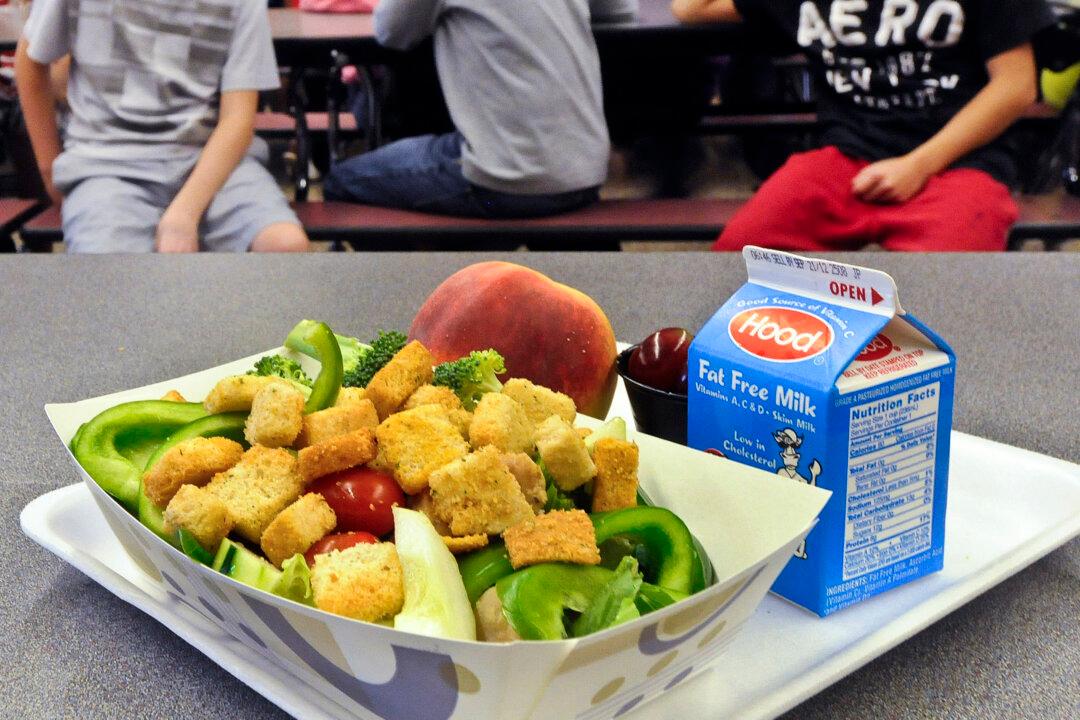A growing number of school districts across the United States say that supply chain bottlenecks have forced them to suspend services or food items.
Schools across Denver are “struggling to receive enough milk to serve to every child at breakfast and lunch every day,” and are encouraging parents to provide reusable bottles for children, according to Denver Public Schools (DPS) spokesperson Theresa Hafner.





